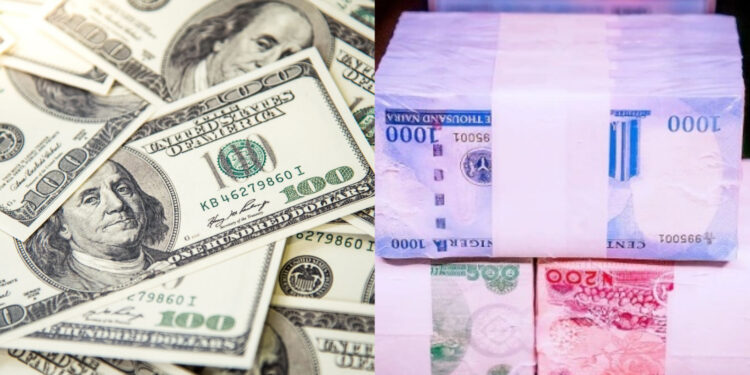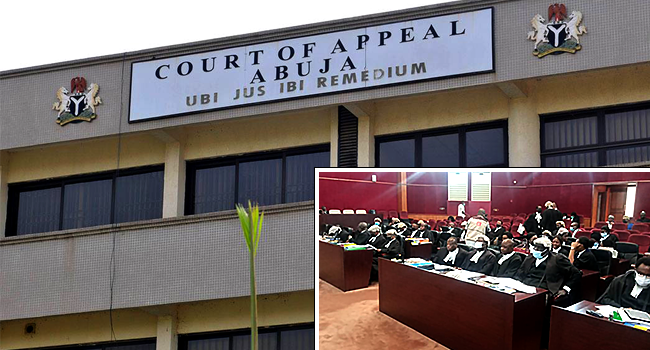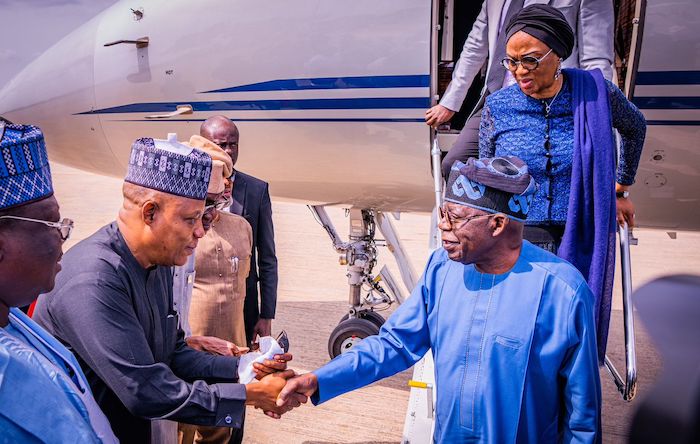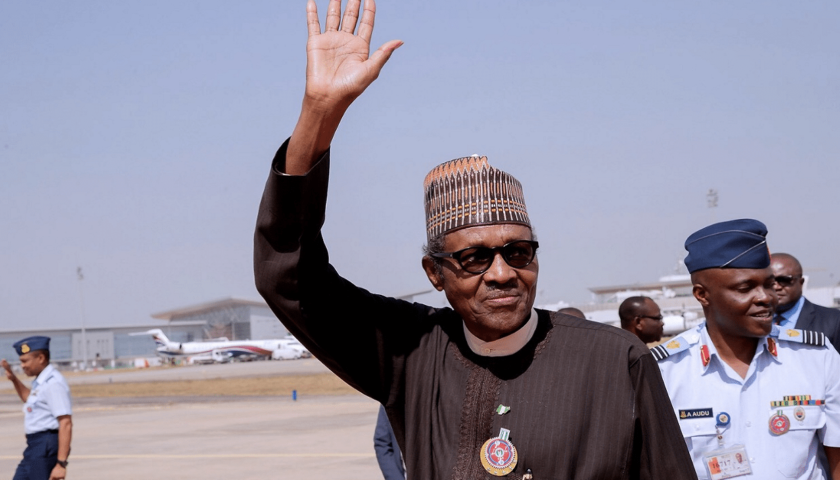The exchange rate between the naira and dollar closed the month of January at N1,455.59 representing a whopping 37.6% depreciation in one month. According to reports, the exchange rate closed at the end of December 2023 at a rate of N907.1/$1.
At the black market, the exchange also depreciated going from N1215 to N1470 to the dollar representing a 17.3% depreciation month to date. Nigerians have had to grapple with a month-long depreciation of the naira as demand continued to outpace supply across markets.
The recent fall in the official exchange rate began on December 8, 2023, when it first crossed the N1000/$1 barrier closing at N1099.5/$1. It appreciated afterward and then plunged again to N1,043 on December 28th. By January 9, it fell it an all-time low of N1,089.51/$1 closer to the black-market rate of N1,245/$1. It traded below the N1000/$1 price for the next 12 days until it fell to another all-time low of N1,348.62/$1 on the 29th of January.
The Central Bank of Nigeria (CBN) has been actively addressing issues of foreign currency speculation and hoarding by Nigerian banks. A new circular introduced guidelines aimed at reducing the risks associated with these practices, noting that some commercial banks hold long-term positions in forex with the hope of profiting from currency depreciation.
The Governor of the Central Bank, Mr. Yemi Cardoso, also recently stated that the naira is undervalued and promised to work towards real price discovery in the foreign exchange market in 2024. The CBN plans to implement inflation-taming policies and collaborate with the Ministry of Finance to stabilize the exchange rate and curb inflation.
These developments reflect the complexities and challenges in Nigeria’s foreign exchange market, with implications for businesses, individuals, and the broader economy. Sources with knowledge of the exchange rate opine the depreciation on the official market is part of the apex bank’s attempt to allow the official rate to trade at par with the black market thus eliminating the disparity.
It is expected that this could allow most of the forex supplies in the black market to flow into the official market thus paving the way for stability. Despite these moves, the major challenge faced by the country remains influx of foreign portfolio investments which many see as the final piece in the puzzle.
However, doing this will require that the central bank increase its benchmark lending rate which is currently at 18.75%. It is understood that the intent of the CBN is to raise rates to fall in line with Nigeria’s headline inflation rate.





